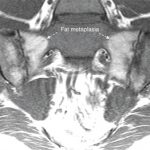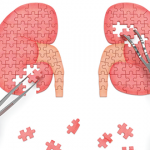Inflammation in the knee was found to be associated with development of pain sensitization in recent research with a cohort from the Multicenter Osteoarthritis Study (MOST). This research finding may indicate that targeting of inflammation could help reduce pain severity in knee osteoarthritis (OA). Tuhina Neogi, MD, PhD, says that her and her colleagues’ research,…








